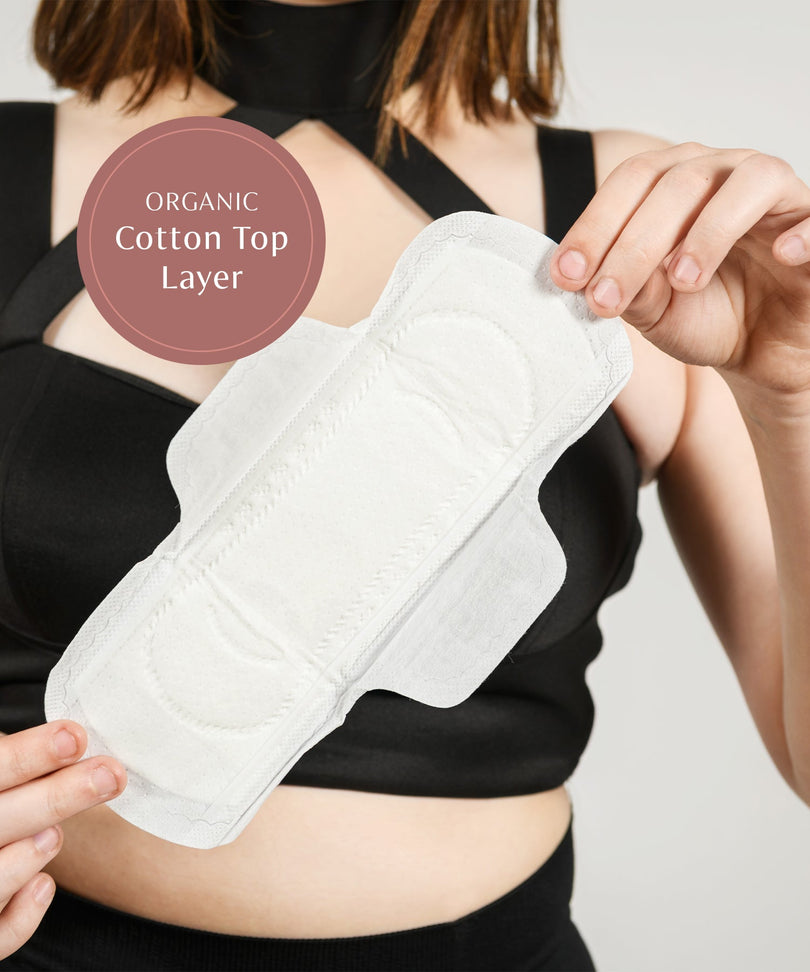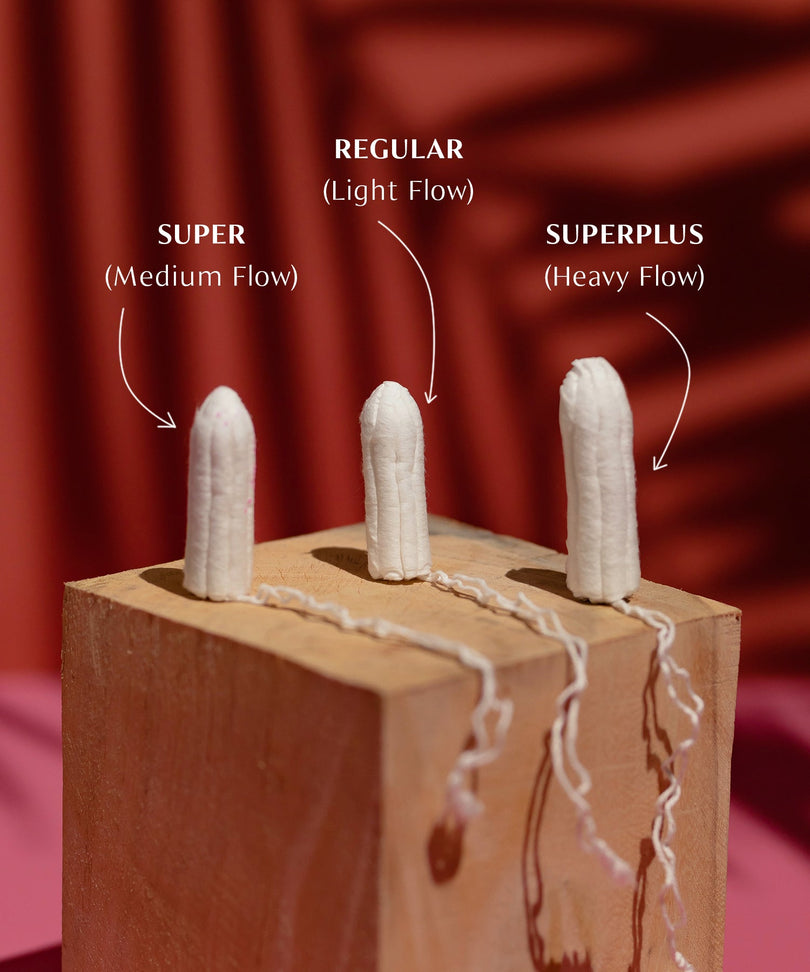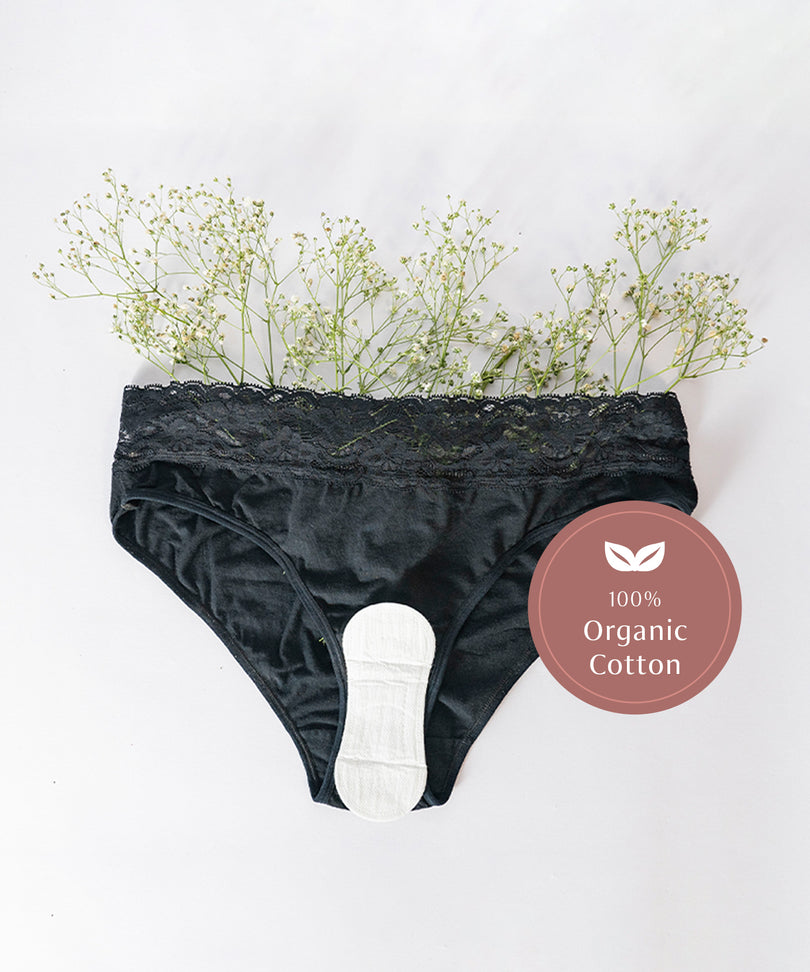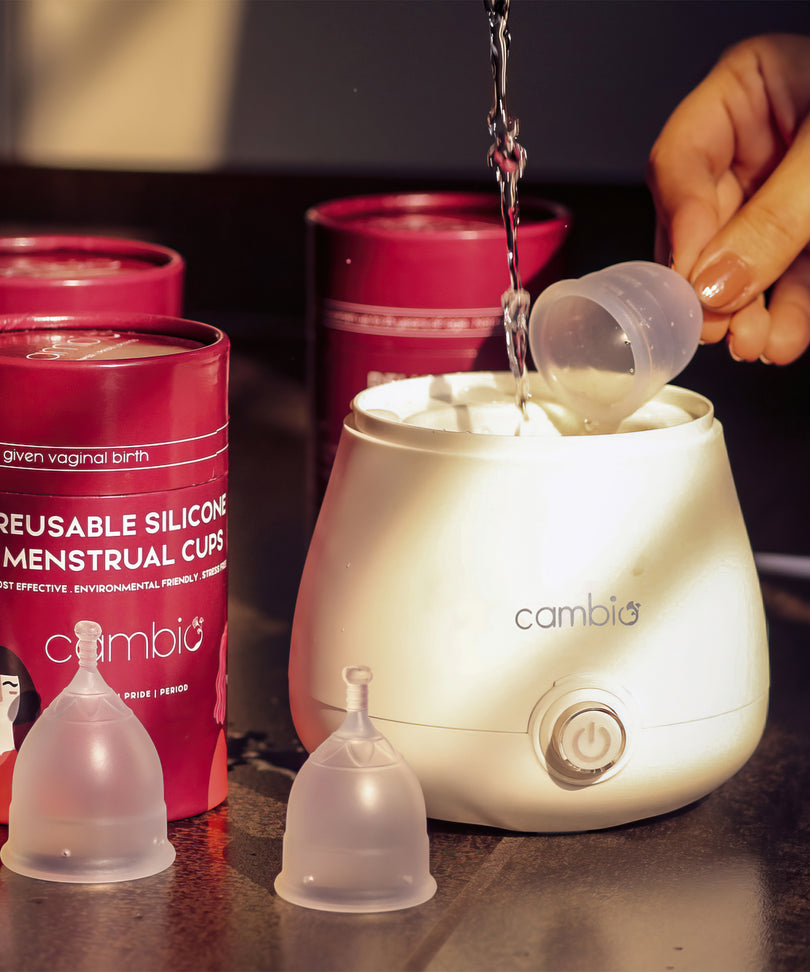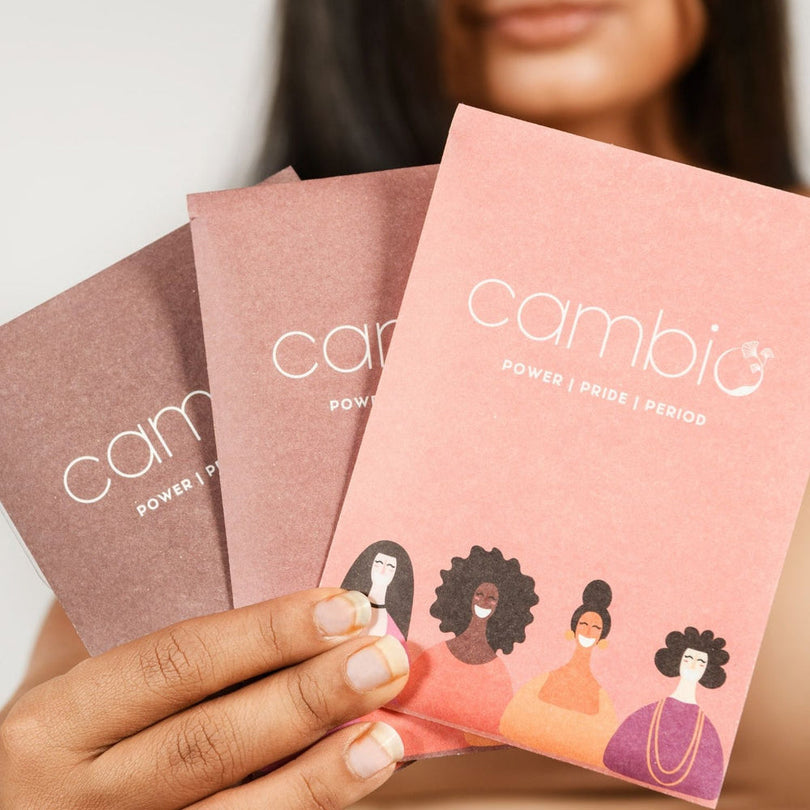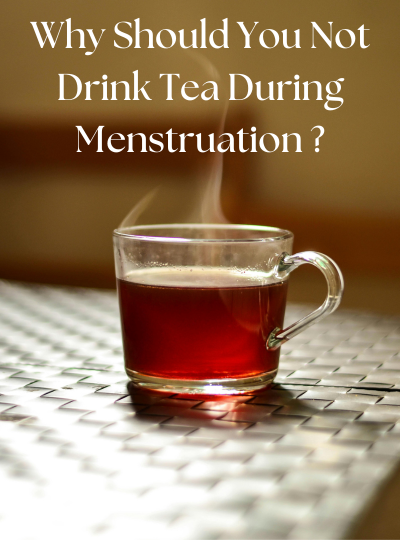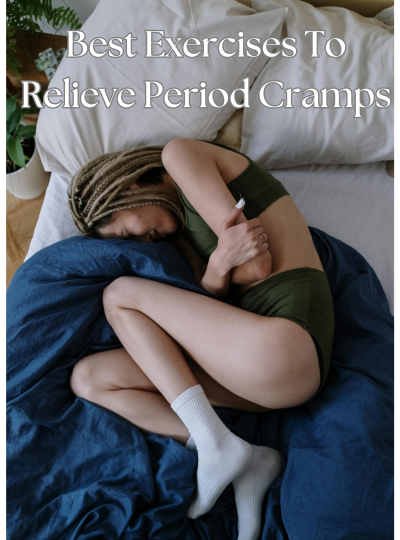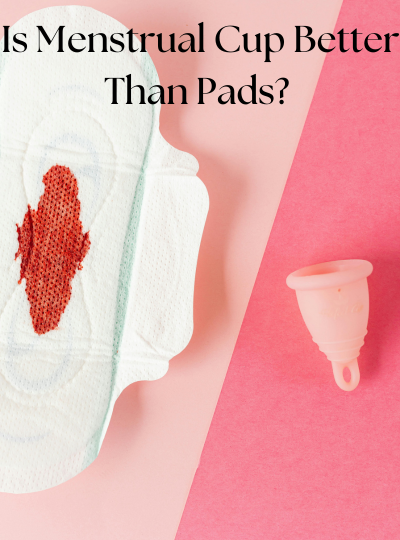If you’re a chai or coffee lover, the thought of cutting out your favourite hot beverage during your periods may seem disheartening. After all, your comfort matters most during this sensitive time, right?
The unpleasant truth is that some of the effects of caffeinated tea can worsen your PMS, cramps and cause other forms of unease during menstruation.
In this blog, we’ll walk you through the reasons tea should be avoided during menstruation, and provide suitable alternatives so that you can still enjoy the comfort of a warm and soothing beverage.
How does tea affect the body?
Caffeine
Both black tea and green tea contain a considerable amount of caffeine, which can have negative effects on the body during menstruation like
- Lack of quality sleep - Excess caffeine intake can disrupt the quality and quantity of your sleep. Not sleeping for 7-8 hours during your periods can impair your body’s ability to recover properly, which can lead you to feel drowsy and fatigued.
- Worsens period cramps - For most menstruators, caffeine can cause more painful cramps, lengthen the duration of the periods, and cause heavier than normal flow. This is because caffeine induces estrogen production, affecting your hormone levels.
- Stimulates faster digestion - Caffeine boosts your digestion process and prompts faster bowel movements, which are uncomfortable enough when you’re menstruating.
- Can cause symptoms of anxiety - An excess of caffeine combined with high estrogen and progesterone levels can add tension, an increased heartbeat and restlessness.
This is why it’s highly recommended to avoid caffeine when you’re menstruating. This doesn’t mean cutting out all caffeine from your diet as even dark chocolate, a superfood during periods, contains caffeine.
Diuretic Effect of Caffeine
Tea is also a diuretic as it increases the rate at which your body produces urine. More frequent urination during your periods can lead to a loss of important minerals like sodium and potassium. It may also be inconvenient to have to go to the bathroom more frequently.
Pay attention to whether you’re urinating more frequently to avoid feeling dehydrated and losing out on crucial minerals that your body needs.
Can I have Chai during periods?
We don’t recommend having regular chai or coffee when menstruating due to its high caffeine content. You can opt for decaf versions if you still wish to drink chai.
Can I have Green Tea during periods?

Since green tea has lower amounts of caffeine per serving, different menstruators have different experiences when drinking green tea during their periods.
On one hand, the caffeine can exacerbate some of your symptoms and worsen your period cramps by causing the uterus to contract more strongly. The presence of tannins in green tea can also lower your iron absorption.
When consumed in moderation, green tea can have positive effects on the body during menstruation due to its antioxidants, and anti-inflammatory properties, aiding your metabolism.
If you enjoy drinking green tea, drink no more than two cups when menstruating. You can reduce the number of cups based on whether you experience any added discomfort.
Can I have Herbal Tea during periods?
Yes! Herbal teas are some of the best warm beverages to drink when you’re menstruating. The warmth of the drinks can be comforting and help to relieve cramps.
Ginger tea is a popular choice of herbal tea as it has anti-inflammatory properties and helps to lessen pain and bloating. It’s also quite accessible to make at home.
Chamomile tea is known to help improve the quality of your sleep and reduce symptoms of fatigue. While more research needs to be conducted on its direct effects on menstrual cramps, a cup of chamomile tea at night can help induce good-quality sleep.

Peppermint tea contains menthol which helps reduce muscle spasms, which is why it helps with painful stomach cramps.
Also read - Drinks that reduces the period cramps
Conclusion
Whether you should drink tea or not while menstruating depends on the type of tea you’re drinking. Herbal teas are easily accessible and natural remedies to reduce cramps and bloating and keep you comfortable and well-hydrated.
Caffeinated teas like black tea and green tea should be avoided or consumed at a minimum to prevent the negative symptoms of caffeine on your period. If you’re unsure whether caffeine is contributing to your cramps, try cutting out caffeine during your next cycle and see if you feel better.
The research on the impact of caffeine on menstrual cycles is still unclear and mostly anecdotal.
Ultimately, it’s important to listen to your body and pay attention to which nutrition and lifestyle choices have a positive impact on your health and mood when you’re menstruating.
Having a balanced diet, a regular exercise regime, and a good sleep schedule can set a solid foundation for your body to cope with menstruation well.
More to read
Can I use metronidazole gel while on my period?

